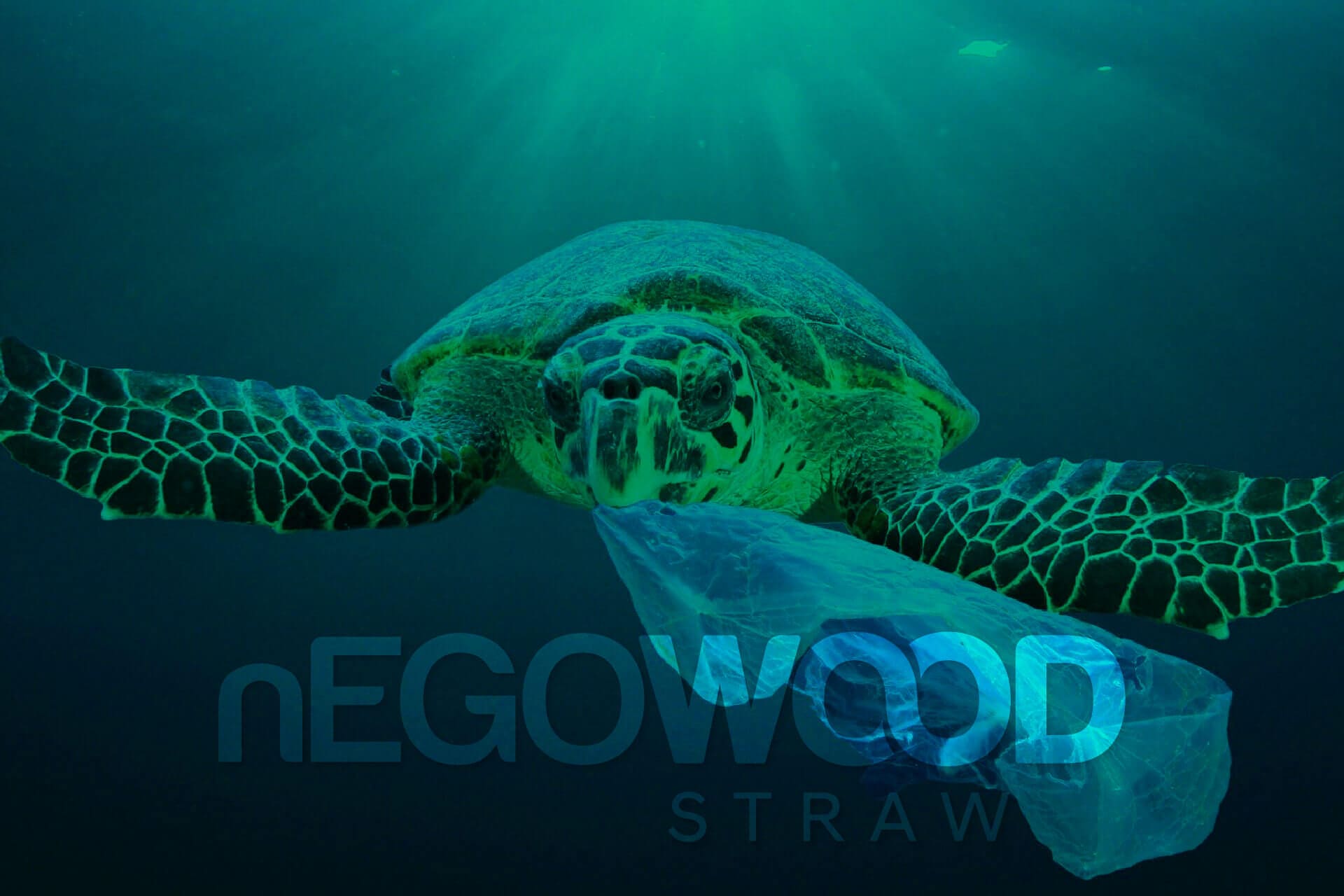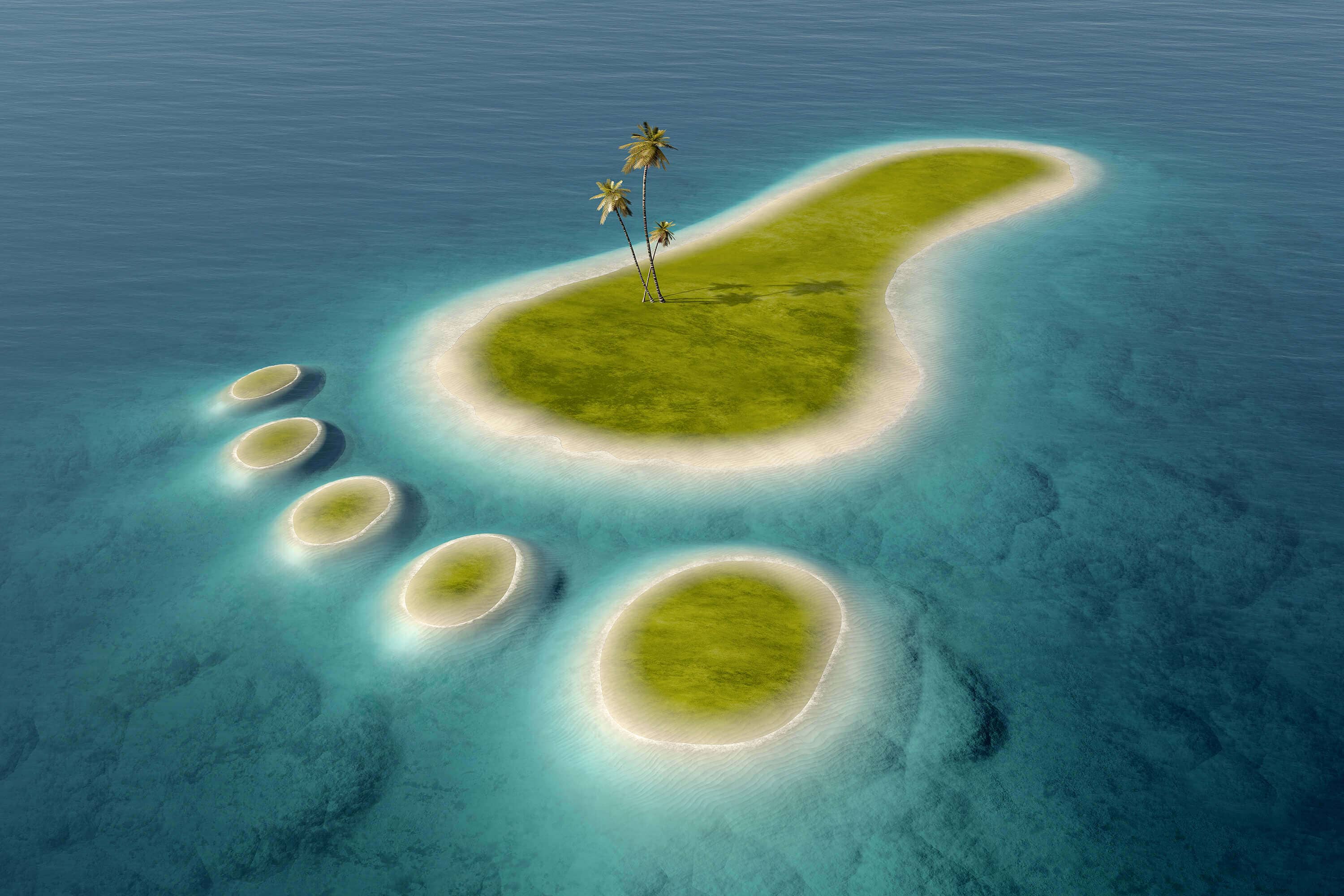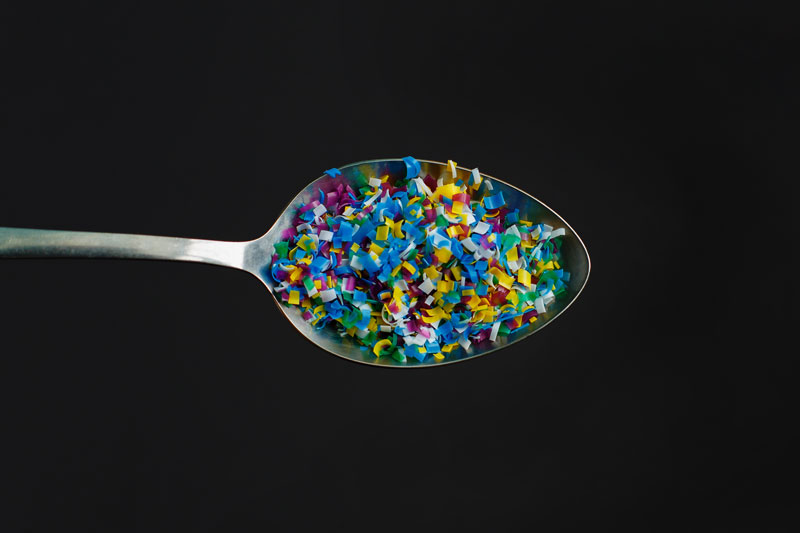
Decades Hidden Poison: Plastic
Plastic, which we all know closely, can be defined as a substance
that takes its origin from the Greek word 'plasticos' meaning bulk,
and is formed by transforming various monomers into polymers with a
more complex structure under a certain temperature and pressure.
Plastics, the raw material of which is petroleum, have been
frequently preferred in many areas such as food, automobile,
construction, health, and technology for centuries due to reasons
such as being easy to produce, cheap and durable. However, although
it is a substance with advantages, it is an indisputable fact that
the balance will be disrupted when we put its disadvantages on the
other side of the scale.
Plastics, a substance that we encounter in every aspect of our lives
and that we use frequently every day, are also one of the most
damaging substances to the ecosystem we live in, even though they
seem innocent. Did you know that plastic that we use and throw away
for a very short time in our daily life remains in nature for
approximately 450-500 years? How much damage do these plastic
materials, which have a carcinogenic effect, harm living creatures
in nature and their habitats? Fish with kilograms of plastic bags
coming out of their stomachs, water turtles that can't breathe
because of plastic straws stuck in their noses, animals that eat
colorful plastic pieces for food, creatures that get sick due to the
bacteria produced by plastic waste, and more reveal how much damage
plastic has done to our ecosystem. the time has come and gone.
Plastic Increases Global Warming
One of the biggest damages of plastic to the ecosystem is that it causes global warming. As a result of research conducted at the University of Hawaii, it was recently discovered that plastics exposed to sunlight cause the release of greenhouse gases such as methane and ethylene, thus increasing global warming significantly.Plastic has become so ingrained in every aspect of our daily life that it has become very difficult to remove it from our lives. For example, look at the materials you use in the kitchen every day while cooking. The bags we use in our shopping, the plastic bottles we carry with us when we go to school or work, the clothes that touch our skin every second, the paints we use, and many more are just a few examples of the plastic we use in our daily lives.
A Plastic Continent Completely Created by Human Hands: "The 7th Continent"
According to the data of the United Nations, almost 8 million tons of the 200 million tons of plastic produced every year are unconsciously left to nature. Where do these piles of waste plastic go, where do they accumulate? Right at this point, you'll see the '7. I would like to talk about a 'plastic' continent, called the Continent, which was created entirely by man. Located in the Great Pacific Ocean and first discovered by a ship's captain in 1997, this pile of plastic now claims to cover 3.4 million square kilometers. Do you realize how such a huge pile of plastic waste puts marine life in terrible danger?
Alternative Solutions Against Plastic
So, is it possible to remove the plastic that harms ecological life so much from our lives and to reduce the pollution caused by plastic? What should we individually do? Let's discuss alternative solutions together.Besides the plastic items we use all the time, the biggest danger is single-use plastics. These include straws, bags, and plastic bottles. Unfortunately, these plastic products, the use of which are banned in most countries, are still frequently used in our country and create tons of waste every day. So what can we do? Thanks to the cloth bags we take with us when we go shopping, we can prevent further waste generation. By putting the water that our children will take with them to school in eco-friendly materials, we can protect both our nature and their health from great harm. At the same time, instead of disposable plastic straws, we can prefer straws made from biodegradable materials.
Do not forget that the ones become unity by multiplying. Maybe a movement that you think is not so important will spread like a butterfly effect and mix with millions and make the world beautiful before you know what's going on.
Let's all take action for this World we live in and save nature from these plastic piles.
Authored by: İlayda Gülşen




